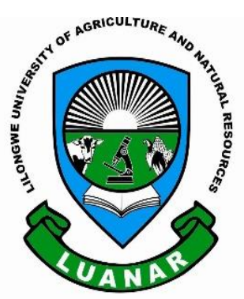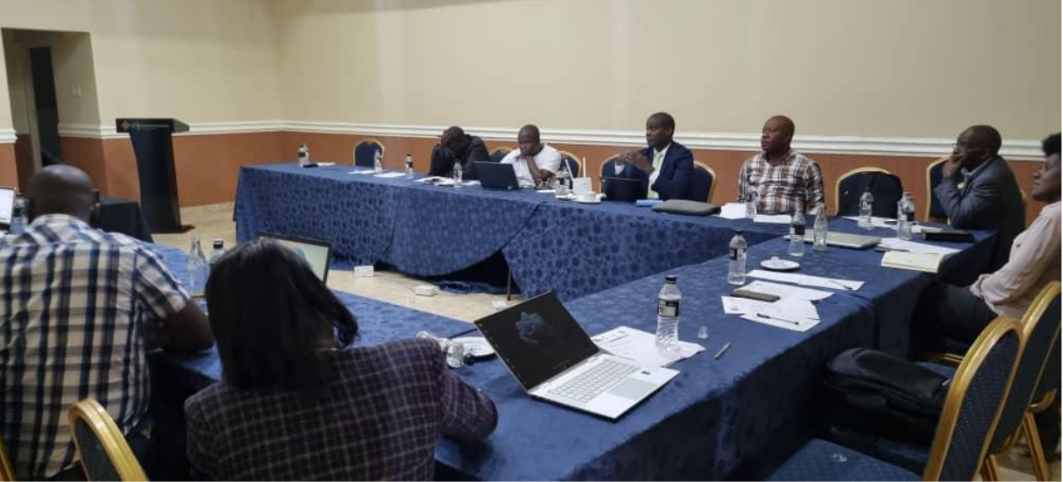Malawi Project
Timeframe
October 2021 to December 2024
Context
Malawi is vulnerable to floods, droughts and strong winds associated with tropical cyclones.
This is exacerbated by deep-rooted poverty, high dependence on subsistence rain-fed agriculture and rapid population growth. Agriculture accounts for over 30% of GDP (livestock around 11%) and employs over 80% of the labour force.
The agriculture sector suffers the greatest losses from climate change impacts, equal to Malawi losing 5% of Gross Domestic Product (GDP) per year. Malawi’s National Adaptation Plans include priority actions for smart agriculture and livestock. Improved livestock emissions measurement will allow Malawi’s to mitigate livestock emissions, attract climate finance and build the resilience of its livestock farmers.
The NZCSA Initiative is supporting technical improvements to the livestock inventory for key livestock species and to improve overall inventory management procedures. This will contribute to Malawi’s efforts to mitigate livestock emissions, attract climate finance and build the resilience of its livestock farmers.
Progress
The NZCSA Initiative has supported Malawi to make technical improvements to the Tier 1 livestock inventory for all species, develop a Tier 2 inventory for cattle, and improve overall inventory management procedures. This contributes towards Malawi’s efforts to mitigate livestock emissions, attract climate finance and build the resilience of its livestock farmers.
With the aim of driving policy change across Africa, New Zealand is funding the Africa LEDS Partnership (AfLP) Livestock Community of Practice to hold regional peer-to-peer sharing of GHG inventories, and mitigation and adaptation ambitions. A multilateral exchange visit took place in Malawi in 2023 during which experts from other African countries shared with Malawian partners their lessons on how to progress from improved inventories to mitigation action.
Please see Project Reports.
Reports
Project Information
Implementation Partners
Department of Animal Health and Livestock Development (DAHLD), Ministry of Agriculture, Malawi
Lilongwe University of Agriculture and Natural Resources, Malawi
Other in-country partners
Environmental Affairs Department
Department of Agricultural Research






